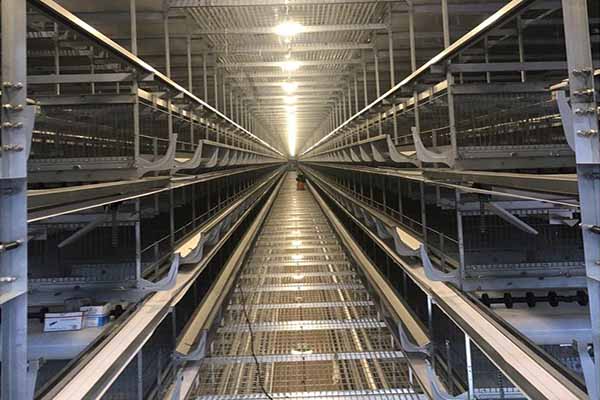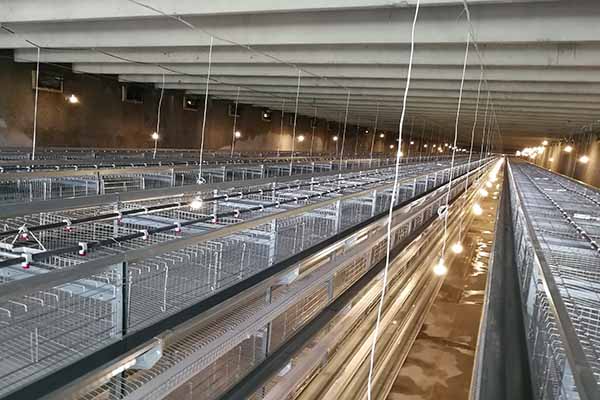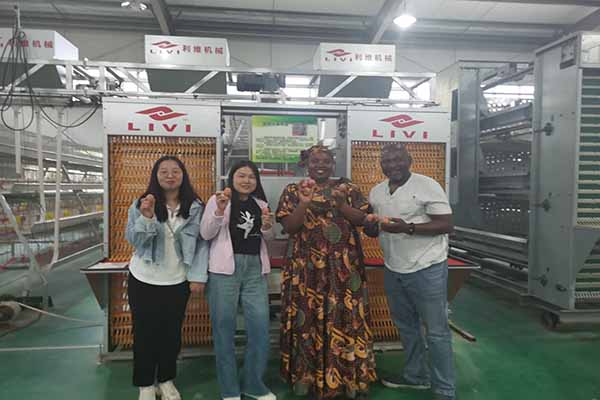Chicken Cage Alternatives for Organic Farming: A Comprehensive Guide
Organic farming has gained significant popularity due to its health benefits and environmental friendliness. However, finding suitable chicken cage alternatives is crucial for maintaining high-quality standards in organic poultry farming. In this article, we will explore various chicken cage alternatives that are ideal for organic farming, highlighting their benefits and drawbacks.
Top Chicken Cage Alternatives for Organic Farming
- Free-Range Systems
- Deep-Litter Systems
- Mobile Caging Systems
- Vertical Farming
1. Free-Range Systems
Free-range systems allow chickens to roam freely outside their coops, which promotes natural behaviors and provides access to fresh air and sunlight. According to a study by the Organic Research Centre, free-range systems can reduce the risk of disease and improve the quality of the eggs produced.
Benefits:

- Reduces disease risks
- Improves egg quality
- Reduces feed conversion ratio
Drawbacks:
- Increased labor costs
- Increased risk of predators
- Limited space for expansion
2. Deep-Litter Systems
Deep-litter systems involve bedding the floor of the coop with organic materials, such as straw or wood shavings. This method reduces ammonia emissions and provides a more natural environment for the chickens.
Benefits:
<ul >
>
Drawbacks:
- May require more frequent cleaning
- Increased risk of fire
- Higher bedding costs
3. Mobile Caging Systems
Mobile caging systems provide flexibility and can be moved as needed to create fresh pasture areas for the chickens. This method can reduce the risk of soil erosion and promote a healthier chicken population.
Benefits:
- Reduces soil erosion
- Improves chicken health
- Increases space utilization
Drawbacks:
- May require significant investment
- Can be complex to manage
- Not suitable for all soil types
4. Vertical Farming
Vertical farming involves stacking layers of chickens v ertically, which can significantly reduce space requirements. This method can also lead to higher production rates and better resource utilization.
ertically, which can significantly reduce space requirements. This method can also lead to higher production rates and better resource utilization.
Benefits:
- Reduces space requirements
- Improves resource utilization
- Can lead to higher production rates
Drawbacks:
- High initial investment
- Increased energy consumption
- Challenges in waste management
In conclusion, choosing the right chicken cage alternative for organic farming is crucial for achieving sustainable and high-quality production. Consider the specific needs of your farm and choose a system that aligns with your goals.
Would you like to learn more about chicken cage alternatives for organic farming? Leave a comment below or contact us for a free, customized chicken farming design and equipment quote.




